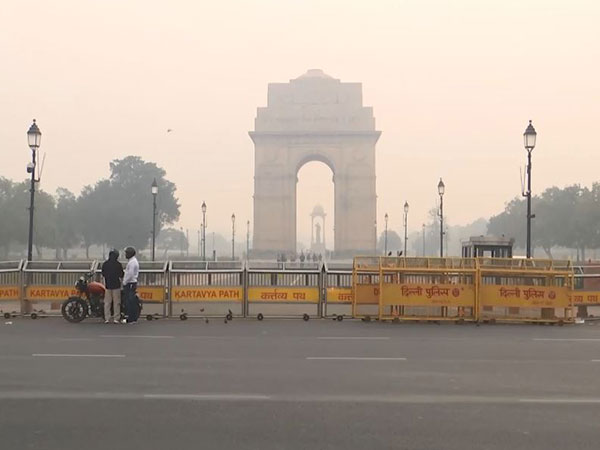Delhi's Air Struggle: Unpacking the Pollution Crisis and Solutions
With Delhi-NCR grappling with declining air quality and rising pollution, various government initiatives aim to combat the primary sources. Key causes include industrial pollution, vehicular emissions, and stubble burning. Organizational initiatives highlight the decline in crop-burning incidents and strategies for effective biomass management.

- Country:
- India
Amid worsening air quality and escalating pollution levels in Delhi-NCR, the Ministry of Environment, Forest and Climate Change has pinpointed the root causes behind the environmental crisis. Official reports identify vehicular and industrial emissions, as well as dust from construction activities among the chief contributors, compounded by seasonal activities.
Challenging weather patterns during post-monsoon and winter seasons exacerbate pollution, trapping airborne contaminants due to lower temperatures and stagnant winds. Notably, episodes of stubble burning and firecracker usage significantly degrade air quality, particularly in October and November, according to government statements.
Efforts to mitigate pollution include technology-driven monitoring and management plans. With ISRO's protocol for recording stubble burning, a decline in such instances has been observed. The Commission for Air Quality Management encourages biomass co-firing in thermal plants and sets stricter emission standards. Financial schemes also support machinery procurement for straw management.
(With inputs from agencies.)










